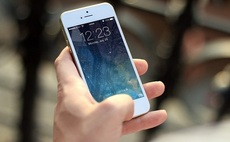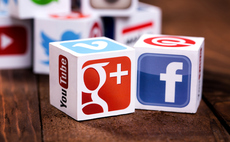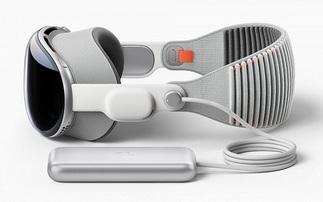Wearable will cost between £299 and £13,500, but may have life beyond pricey gadget
Apple finally revealed the release date and price points for its Apple Watch last night. Costing £299 for the basic model with prices rising as high as £13,500, the watch will go on sale on 24 A...
To continue reading this article...
Join Computing
- Unlimited access to real-time news, analysis and opinion from the technology industry
- Receive important and breaking news in our daily newsletter
- Be the first to hear about our events and awards programmes
- Join live member only interviews with IT leaders at the ‘IT Lounge’; your chance to ask your burning tech questions and have them answered
- Access to the Computing Delta hub providing market intelligence and research
- Receive our members-only newsletter with exclusive opinion pieces from senior IT Leaders






















